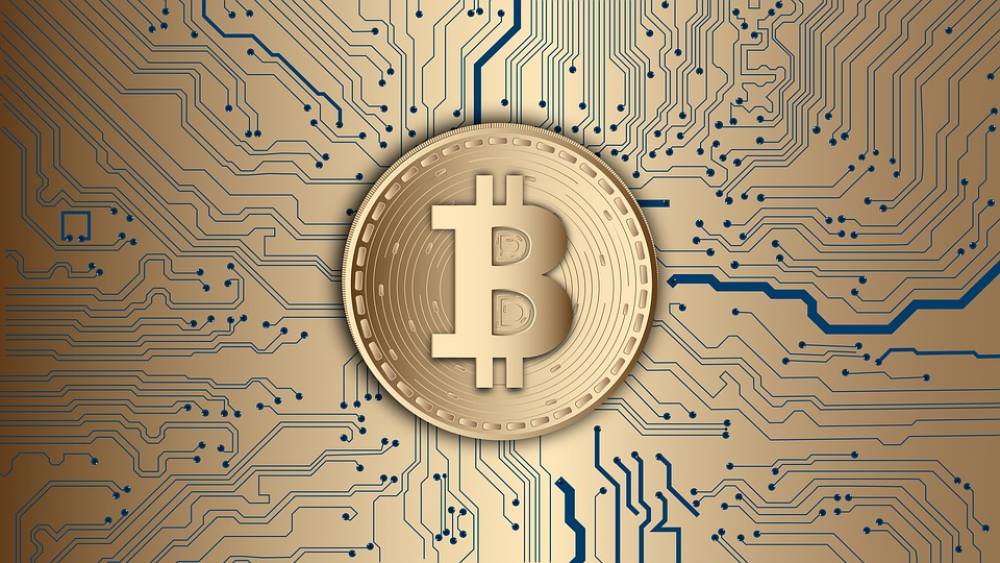
Blockchain is beginning to be increasingly explored by different industries looking to benefit from the accuracy and speed that the technology can offer. We recently looked at the use of block-chain in banking and financial services and how it can enable faster business transactions while reducing back-office processes.
What is blockchain?
Blockchain is a form of distributed ledger technology (DLT) where data is distributed across a network of computers rather than being copied. Because it's distributed, rather than copied, the danger of copies being altered and differing across the network is removed. With blockchain, everyone who has access to the network automatically receives any changes made to the data.
By way of an analogy, if a digital document were emailed to multiple people, all of whom were making their own amends, block-chain would be the mechanism synchronizing these documents. This would ensure that whenever the document was opened, and no matter who it was opened by, everyone would see the amends that had been made previously by the rest of the group.
The use of block-chain in the land registry is primarily being explored for its potential to enable the almost instant transfer of property securely. With smart contracts enabling self-execution when certain conditions are met transactions could be completed faster. For example, a rule could be put in place to facilitate the title of a property being automatically transferred to the new owner when they deposit funds to the appropriate account.
There is also the potential for the registration gap to be removed. The use of smart contracts would speed up the process by automatically updating the ledger, instead of buyers having to transfer ownership through an application form.
Ali Haider
BlogRex
One of the multiple uses that blockchain technology has in our future society is that of registration in the network, being able to register all the transactions that we enter in it. This concept would come in turn associated with a public blockchain, which acts as a data storage system that we can access through the different addresses, being able to consult any movement that has occurred in it, without the need for paper. or displacements to the registries as we know them at present.
Those who defend that the blockchain will completely replace the figure of the notary and traditional records. Those who defend that notaries and registrars will be a kind of new authority, within the blockchain network, that will validate certain data that is introduced in it. In my point of view, we can not see blockchain or, rather, its transformation, as a process that will change all sectors of our society in the very short term. Like any other innovation, we will always have classic sectors that do not show much agreement with the change just because the change implies that they will be replaced by technology in the not too distant future.
It would be something similar to what has happened throughout history with all the technological advances that have been held back by those sectors that were going to be transformed, but finally, and although it is delayed, innovation is never stopped.
At this point, and in terms of blockchain technology, it is going to be a process that will take a few years until it really gets into certain branches of society. In its application as a registry -and the role of notaries in it-, it will suppose a very powerful break the fact that, in my opinion, the traditional registries will be reluctant to dump all the data in blockchain because, As we already know, that would imply not perceiving all those fees that they charge us every time we want to register a document with the sole purpose of publicizing it.
Therefore, I believe that notaries and registrars are going to play a key role in the first years of the creation of this register based on blockchain since, to operate in the network with certain transactions -
such as the sale of a property, for example - there must be broad legal security.
That is, if I want to sell a property, it seems fundamental to me that I certify in the blockchain network that I am who I say I am, and that I own what I say I own. To do this, there should be a kind of authority, as some call it, that gives truth to that information to incorporate it into the network.
This is where the figure of the notary would enter: I will have to prove my digital figure and prove my ownership of certain assets with which I want to transact on the network. Otherwise, we would be in a network without legal security, which is one of the basic principles of our legal system.
For us to understand each other (and this is always my point of view), it would work like this: I want to sell in blockchain a property that, currently, I have registered in the Land Registry. I should go to the
notary so that he certifies that my digital identity corresponds to my real identity and, at the same time, that I certify within blockchain that I am the owner of property X. Once this is done, I will be able to carry out transactions with my property inside of the network, being already registered and without needing in the future that a notary (or external figure to blockchain) certify who has the property of that good, since it will be the data chains who do it.
Sophie
READ MORE ON:
3 interesting things going on in Blockchain/Crypto space
Blockchain solution in land registry
Cybersecurity: can we really be safe?
Experts views on how digital learning will aid education and employment system
Experts analysis of what will happen to cryptocurrency this year- 2019
Human microchip- Should people get identity chips implanted under their skin?
What is the most important technology for solving world problems?
Use of blockchain be used to empower farmers in agriculture
Use of Blockchain in the educational system
What is blockchain? Broad overview
Blockchain used case in energy
Case: Use of blockchain in the land registry
Have any suggestion? Drop on the comment box below.
Blockchain is beginning to be increasingly explored by different industries looking to benefit from the accuracy and speed that the technology can offer.

Written by Saira wo